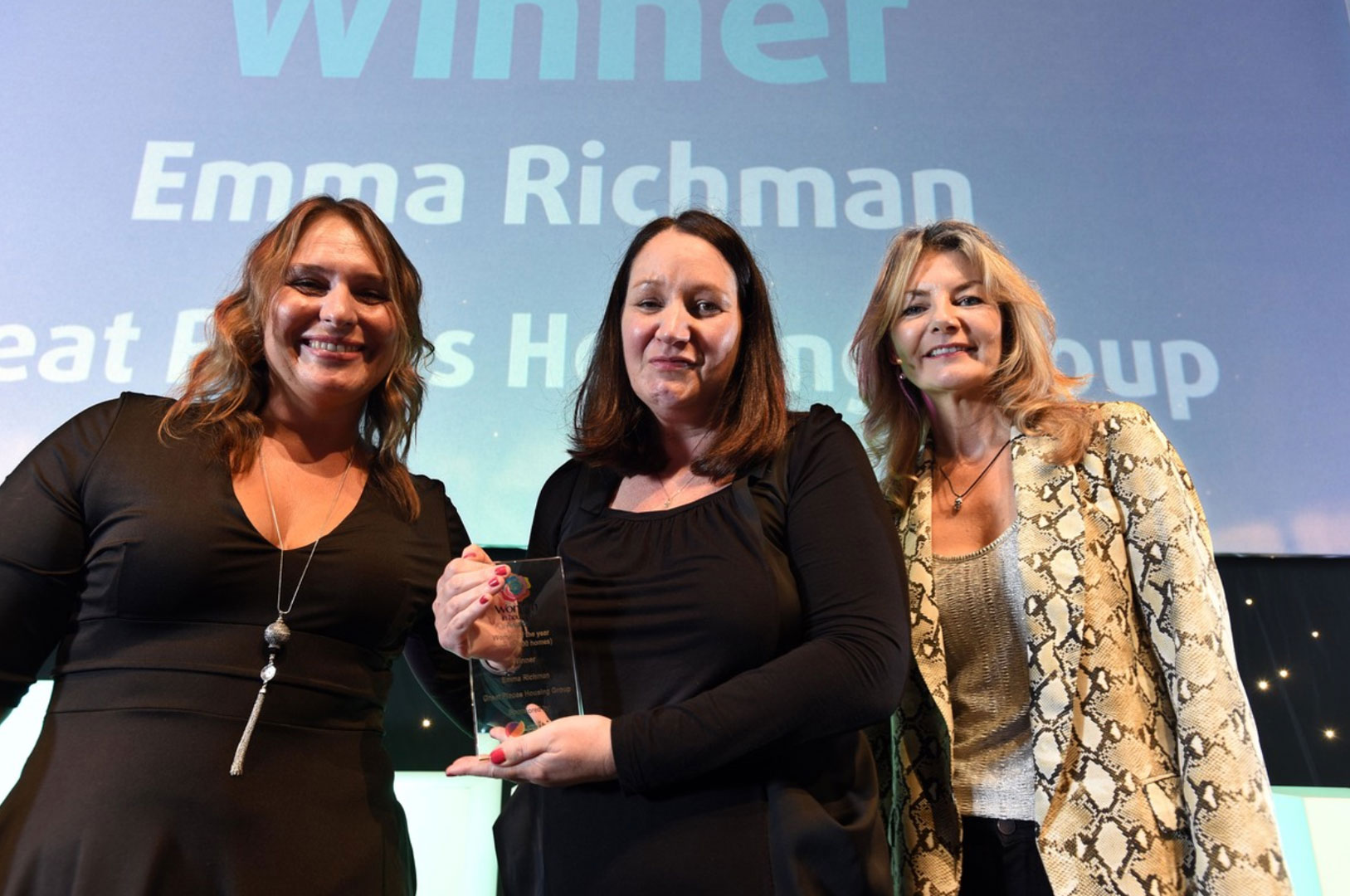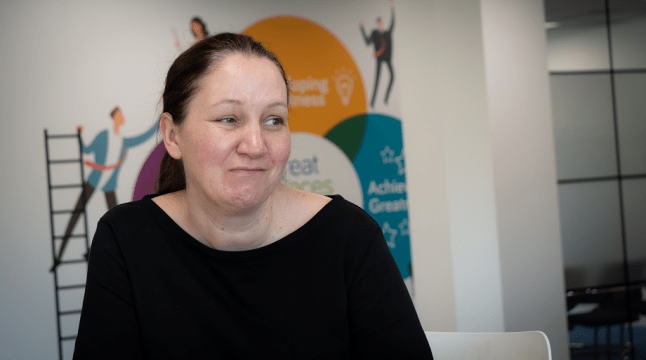One day in 2008, I had a busy week and remember waking with a very intense headache, which was quite unusual for me. I thought it must have been an allergy or a bee sting. While I was having my breakfast cereal, the milk ran down my mouth, so my husband took me to the hospital straight away.
I thought I was having a stroke, but my consultant told me that it was Bell’s palsy. I was a young mum at the time, and my speech was affected initially. During the early days, it felt like Bell’s palsy had an impact on every area of my life.
When I chaired meetings at work, I would have to explain to everyone that it affected my face, which made me feel self-conscious and took a toll on my confidence.
I remember being told about someone saying nasty things about how I looked behind my back. Thankfully, the person was disciplined and had to apologise. I remember having a conversation with the person who’d made the comment about how upset I was. I think they were truly sorry for what they’d done after we’d spoken.
My visible difference has really helped me care less about what people think about me. I just focus on being the best version of me that I can be!
My employer was brilliant and dealt with it in a really good way. They also did some awareness raising to educate the team about people with visible differences. I have been really open about having Bell’s palsy with all my employers, and they have subsequently adjusted their equality and diversity policies to better support people with visible differences.
While I did face some challenges at first, my condition has given me a confidence that has helped me succeed in my career.
I currently work as an executive director in the social housing sector, and I have won two Women in Housing awards – as well as being a judge for several other awards in the sector. I volunteer as a trustee for the Pankhurst Trust too. My visible difference has really helped me care less about what people think about me. I just focus on being the best version of me that I can be!
I now use my experiences to mentor others with confidence issues in the workplace – including someone who also has a visible difference.

Emma, whose Bell’s palsy affects her smile and occasionally causes one side of her face to droop, has won several awards.
My family has been amazing, and my husband and son are really proud of me and everything I’ve achieved. My mum and dad are hugely supportive too, and my mum will often tell me I am beautiful – even when I don’t feel that I am.
I have learned to embrace my condition, even though I still can’t smile properly. But having that amazing support from my family has meant I don’t dwell on it too much.
The only issue now is if a photographer that does not know me takes a photo, they will say ‘Smile. Why are you not smiling?’ and I discreetly have to let them know I can’t smile – making them feel embarrassed, which I really don’t want to do.
I wanted to share my story as, when I first was diagnosed, I didn’t know anything about Bell’s palsy and what my life would be like. While I’ve faced challenges, things have not turned out too bad. If just one person can feel better about life with a visible difference after reading my story, I’d be really pleased.
